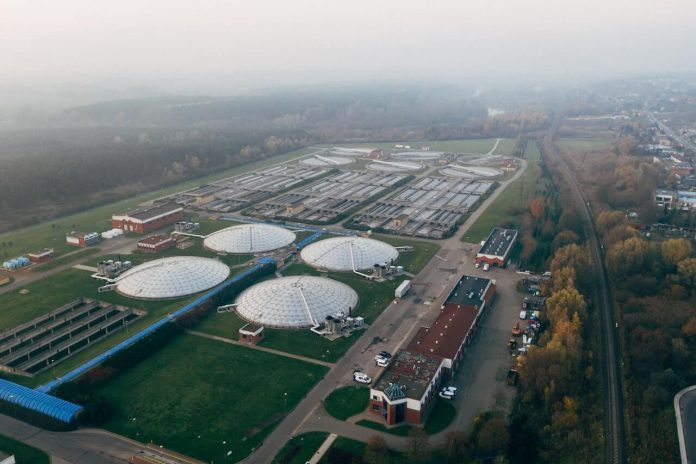As the global push to decarbonize intensifies, leading oil and gas companies are significantly increasing their investments in the biofuels sector.
Major players such as bp, Chevron, Shell, TotalEnergies, ExxonMobil, and Eni are incorporating biofuels into their broader energy transition strategies.
These oil companies recognize the growing demand for sustainable fuel sources and are strategically positioning themselves to meet it.
Significant Growth in Biofuel Projects
Research by Rystad Energy reveals that these six oil giants have collectively announced 43 biofuel projects.
These projects are either already operational or are set to begin by 2030.
The focus of these initiatives is on hydrotreated vegetable oil (HVO) and sustainable aviation fuel (SAF), which are expected to account for nearly 90% of the biofuel production.
Investments are being made across various biofuel products. However, HVO and SAF stand out due to their high demand in industries such as aviation, heavy transport, and marine.
Diverse Investment Strategies
The oil majors’ biofuel investments are diverse, with a total of 2,86,000 barrels per day (bpd) in production capacity expected by 2030.
Out of these, 31 projects are greenfield developments, while six involve co-processing.
Co-processing integrates bio feedstock into existing crude-oil refineries, producing a blended feedstock.
This option proves to be cost-effective, allowing companies to leverage existing infrastructure and minimize upfront investment. Additionally, another six projects are full conversions of refineries into facilities dedicated solely to biofuel production.
The Appeal of Biofuels
The move towards biofuels like HVO and SAF is driven by their potential as low-carbon ‘drop-in’ fuels.
These fuels can be quickly integrated into current aviation, heavy transport, and marine fuel systems, offering a practical and near-term solution for reducing emissions.
This is particularly crucial in light of expanding regulatory frameworks, such as the European Union’s ‘ReFuel EU’ initiative and growing SAF mandates in Asia Pacific.
A Key Element in Decarbonization Strategies
As regulatory pressure to adopt SAF increases, biofuels are no longer seen as a mere alternative. They are becoming an essential component of energy transition strategies.
According to oilprice.com, Lars Klesse, Analyst at Rystad Energy, highlighted that biofuels are crucial for achieving the world’s decarbonization goals. As a result, they have become a key focus for the world’s largest oil companies.

































